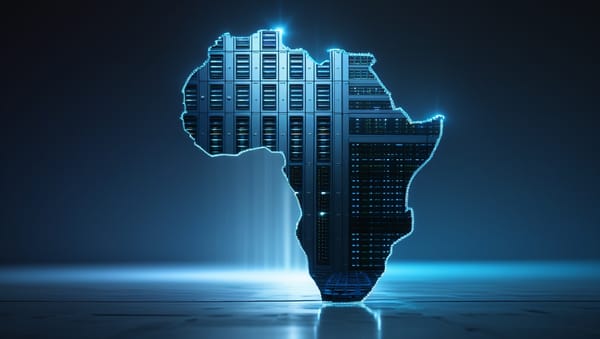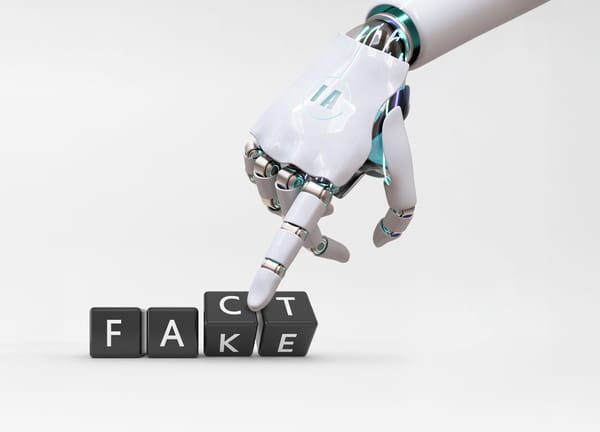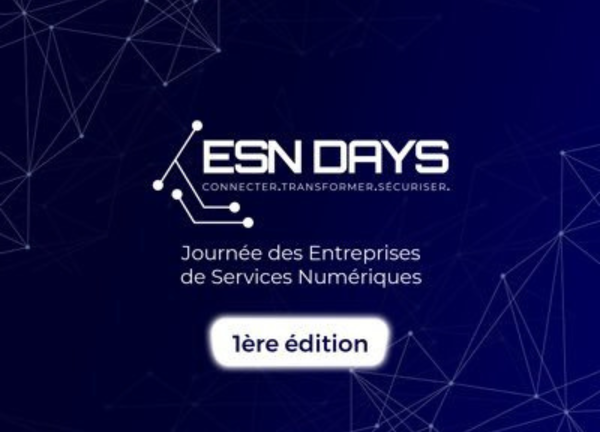In Africa, corruption, land conflicts and falsification of documents and other challenges slow down economic and social development. However, unknown technology from the general public could offer lasting solutions: blockchain.
Often associated with cryptocurrencies like Bitcoin, blockchain is actually a revolutionary tool guaranteeing security, traceability and transparency of data thanks to an infalsifyable and decentralized digital register.
In Africa, it could meet major challenges: corruption, administrative opacity, land conflicts and documentary fraud. By securing transactions and making the verifiable information in real time, the blockchain would offer an effective solution to modernize governance. Some countries have already adopted it to combat fraud and secure land registers. So why not generalize your use?
Here are key areas where blockchain could transform Africa.
diplomas against corruption and embezzlement
According to Transparency International , corruption slows down development in Africa. The perception index of corruption 2023 attributes to sub -Saharan Africa an average score of 32/100, illustrating a still insufficient struggle.
To strengthen transparency, several African countries exploit blockchain to strengthen transparency and fight corruption like Guinea-Bissau for the management of public wages and Nigeria to modernize its customs system. Its application to public procurement could transform finance management. With a blockchain, each citizen could follow tenders, contracts and payments in real time, thus limiting the embezzlement of funds.
Blockchain as a remedy for land conflicts in Africa
In sub -Saharan Africa, only 10 % of rural land is officially recorded, according to the World Bank . This absence of formal recording leads to frequent disputes, fraud and arbitrary evictions, thus slowing down economic and social development.
To remedy this situation, innovative initiatives emerge, in particular the use of blockchain to secure land titles. For example, Ghana has collaborated with the NGO Bitland to set up a land blockchain, allowing owners to record their land in a secure and infalsifyable manner. This technology offers increased transparency, reduces property -related conflicts and simplifies administrative processes.
The adoption of blockchain in land management could thus transform land securing into Africa, guaranteeing reliable recordings and facilitating access to credit for landowners.
Fighting falsification of diplomas: blockchain at the service of authenticity
Academic fraud weakens the credibility of African education systems. The falsification of diplomas complicates professional integration and recognition of international qualifications. Faced with this scourge, several countries are betting on the blockchain. In Tunisia for example, a platform certifies university degrees, guaranteeing their authenticity and simplifying their verification.
The implementation of a diploma blockchain register would allow rapid authentication, would eliminate academic fraud and facilitate international recognition of African qualifications, opening the way to a more secure and competitive labor market.
Beyond the fight against corruption, securing land titles and authentication of diplomas, blockchain offers other promising applications in Africa. It could be used to guarantee the transparency of the elections, to trace supply chains (food, drugs), strengthen financial inclusion, protect intellectual property, optimize natural resources management (mines, energy, water) and modernize health systems by securing medical records and fighting against the counterfeiting of drugs.
Despite its promises of transparency and security, the adoption of blockchain in Africa comes up against several obstacles. The lack of awareness slows down its deployment, because few decision -makers really master its functioning and its potential. Resistance to change also complicates its integration, especially in administrations where the transparency imposed by blockchain can be perceived as a threat. In addition, the insufficiency of digital infrastructure, marked by limited access to the Internet and electricity, considerably slows its expansion, especially in rural areas.
Despite these challenges, the blockchain offers a major opportunity to modernize public services in Africa, provided that you invest in training, establish an adapted regulatory framework and improve access to tediplomaschnologies.
Article written by Abdoussala Dicko









